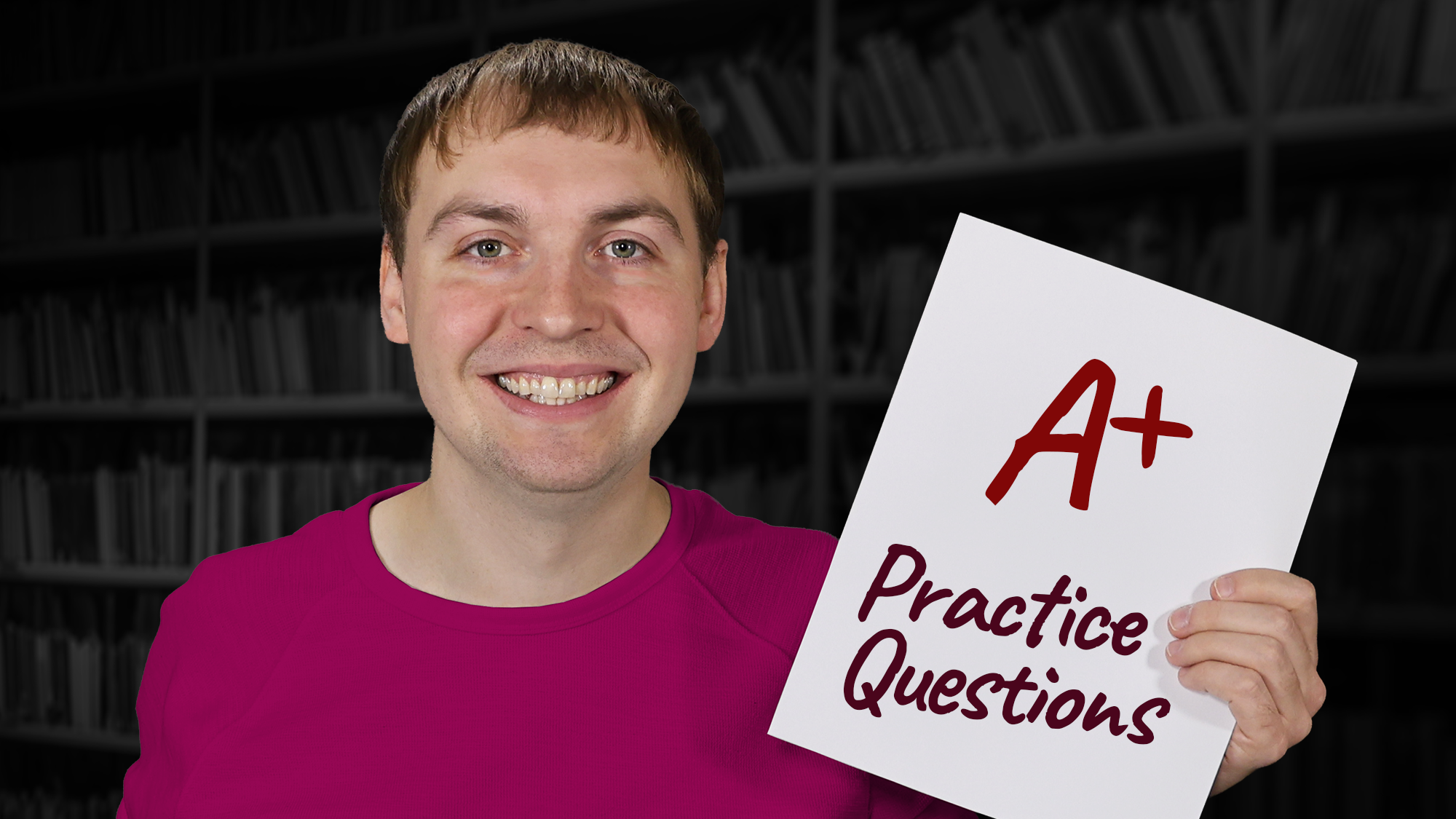
What are compulsions? What categories of compulsions are there? Are all compulsions related to washing? We’re covering those questions and more in this video as we look at the many different types of compulsions that people with OCD might have.
In this post, we’re discussing compulsions that are related to Obsessive-Compulsive Disorder (OCD). With compulsions, these are behaviors, acts, or thoughts that people feel they must do. These acts will usually give them some temporary relief from anxiety, fear, or worry. However, the compulsions can be excessive, time-consuming, and bothersome. Compulsions are usually something people feel they have to do in response to an obsession, but sometimes they might be done as part of a mental rule they have.
Keep in mind, for people with OCD, they will struggle with obsessions, compulsions, or both. We’re going to break down seven possible categories of obsessions that are outlined in the Yale Brown Obsessive-Compulsive Scale, the gold standard for assessing OCD.
Cleaning & Washing Compulsions
The first category of compulsions are related to cleaning and washing. This might include washing in a ritualistic manner, where they feel they have to wash their hands or shower in a specific way or pattern. If this is interrupted, they might have to start over again. These rituals can include other similar acts, like brushing teeth, grooming, or using the bathroom.
In some cases, people will clean excessively to try to remove germs. Even if they have spent hours cleaning the counters with bleach, they may still believe them to be contaminated with germs. Another example of these compulsions might be having to use gloves to avoid contamination from germs or chemicals.
It is important to note that, for people with cleaning and washing compulsions, it is not uncommon for them to have washed to the point of their skin being raw and cracked.
Checking Compulsions
The second category is related to checking compulsions. With these, people might repeatedly check that they did not harm themselves or others. They might seek reassurance from others, or call or text to check that someone else wasn’t harmed. For some, they might fear that they caused a serious accident or tragedy, and therefore check the radio, news, or social media to make sure they did not cause a disaster.
It’s not uncommon for people with these types of compulsions to have to check the stove, coffee pot, appliances, or locks. They will often fear that they did not turn them off and that they will cause a fire if left unchecked, or that if they did not lock a door that someone will rob them. Often, they will repeatedly check these things multiple times before leaving home.
Repeating Compulsions
Third are repeating compulsions. These can include things like re-reading or re-writing things. For some, they may end up re-reading pages of a book for hours. It might also include having to look for a perfect word. People with these compulsions might also have to repeat daily activities. This might be having to turn the lights on and off repeatedly, combing hair, or opening and closing the shades. When people having repeating compulsions, they may have to do them a specific number of times, or they may need to repeat them until they feel they’ve done it correctly or the correct number of times.
Counting Compulsions
Counting compulsions are the fourth category. The name of this category sums up what these compulsions include, which is having to count compulsively. It might be counting tiles on the floor, pictures on a wall, or the grains of sand on a beach. It might also go along with another compulsion, like repeating or washing.
Ordering & Arranging
The fifth category is for compulsions related to ordering and arranging. This could be straightening pillows on a bed, cups on a shelf, or another item like that. People can do this for hours, and may become upset if the items get disturbed.
Hoarding & Saving Compulsions
Hoarding and collecting compulsions are the sixth category. When people have these compulsions, they might save things like newspapers, bottles, or wrappers, although the item can vary. They will often worry they will need the item and therefore do not throw it away. In some cases, they might pick up items off the side of the street or out of the garbage.
Miscellaneous Compulsions
The seventh and last category is a miscellaneous category with various other compulsions. This includes mental rituals, where they may have to think a good thought to undo a bad thought. Or counting in their mind. It could include things like having to tap or touch items—for some, this might even include having to touch a hot stove.
This category also includes compulsions related to superstition, like not staying in a hotel room because it’s room number 13, which might be considered unlucky. Another type of compulsion is called trichotillomania, which is pulling out one’s hair, sometimes causing bald spots.
Please note, this is not a full list of possible compulsions people may struggle with. Instead, this was a general overview of the seven categories of compulsions. Hopefully this will help you see the variety of ways that people with OCD can struggle with compulsions.



If you or someone you know are needing immediate mental health assistance, please call or text 988, contact a local emergency telephone number, or go to the nearest emergency room.
By interacting with this website and channel, this does not constitute a therapist/client relationship. This content is intended for the purposes of entertainment and mental health education.
View additional disclaimers and notices on our Disclaimers page.